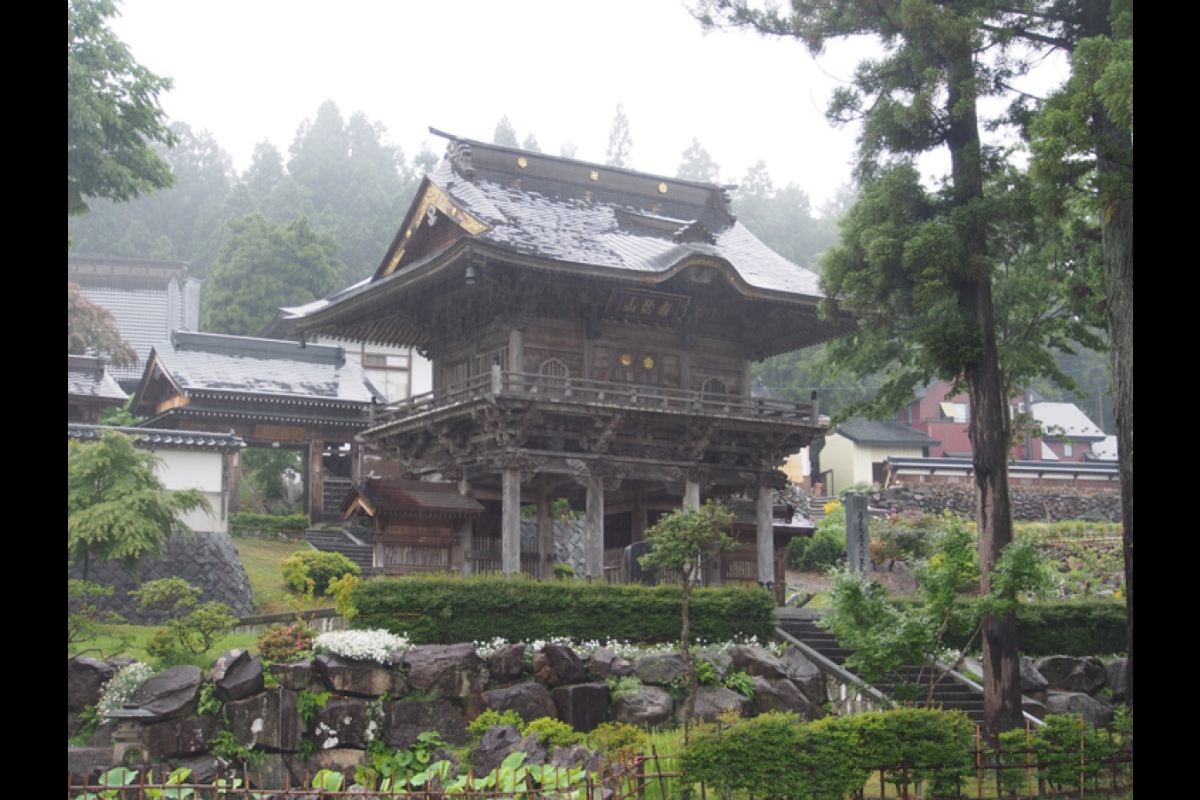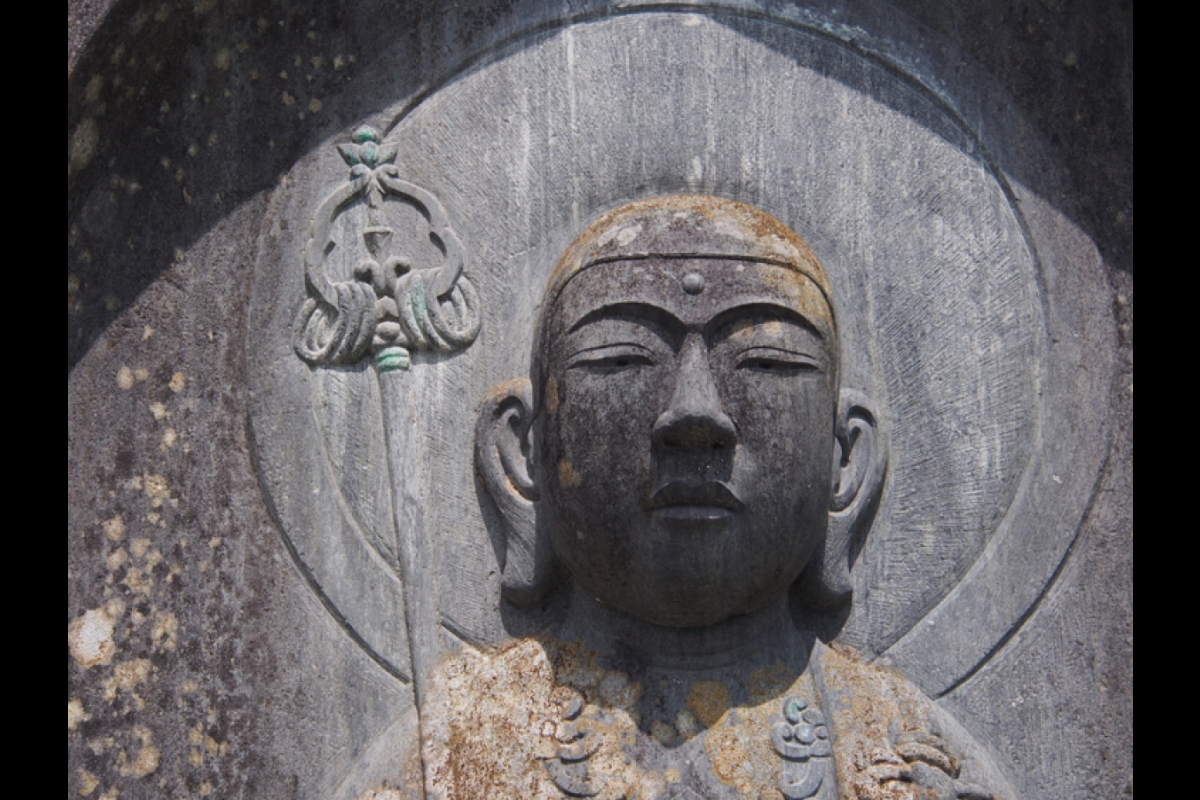ASU Interplanetary Initiative announces 2nd fellow

John Traphagan, Arizona State University’s newest Interplanetary Initiative fellow.
For anthropologist John Traphagan, Arizona State University’s newest Interplanetary Initiative Fellow, space is more than the final frontier. It is the opportunity of a lifetime, and the ASU enterprise is the place to explore.
A professor emeritus of anthropology in the Human Dimensions of Organizations program at the University of Texas at Austin, Traphagan has been announced as the second recipient of the fellowship. He joins 2022 fellow Theodora Ogden, a defense and security analyst at Rand Europe.
“The exploration of space encompasses all different aspects of what humans do,” said Traphagan, who was drawn to ASU by its reputation for innovation and interdisciplinary collaborations. “Everything is there. Engineering, science, medicine. But space also raises the social, cultural, religious and philosophical questions.”
This year, the fellowship — which supports bold interdisciplinary projects and thinkers to further a positive space future — is offered in collaboration with the ASU School of Historical, Philosophical and Religious Studies, focusing on projects that address the human, social and cultural implications of exploring outer space.
As a scholar of Japan, Traphagan will explore how the Japan Aerospace Exploration Agency's (JAXA's) programs and narratives around space exploration are shaped by Japanese religious ideas. His findings will be included in an edited volume, tentatively titled "Religion and Space Exploration in Cross-Cultural Perspective," and shared as part of a cross-cultural symposium to be hosted in spring 2024. The symposium will discuss how religion, ideology and space exploration intersect in different societies and shape the ways those societies approach space exploration.
“A key goal will be to feature scholars who work on non-U.S. contexts,” Traphagan said, “so that we might explore how these ideas come together in Russia, the (European Space Agency) community, China and India, as well as the U.S."
As more nations from around the globe develop space capabilities, it is more vital to ensure the peaceful and collaborative use of the domain.
“Avoiding conflict in space requires an understanding of how culture, science and religion influence a nation’s political and social ideologies around space exploration and by extension its behaviors in space,” said Jessica Rousset, deputy director for the Interplanetary Initiative. "We believe research such as this is vital to ensuring lasting cooperation in space.”
Widely published, Traphagan received his PhD in social anthropology at the University of Pittsburgh, Master of Arts in religion in social ethics at Yale University, and bachelor's degree in political science at the University of Massachusetts Lowell. At UT Austin, Traphagan teaches coursework in ethics in space exploration; biomedicine, ethics and culture; religion and family in Japan; and multidisciplinary methods in exploring organizations. Now, the fellowship marks another step in what he believes is a natural career progression that mirrors his passion for culture, science and religion.
“We look forward to having Dr. Traphagan engage with our faculty and students and broaden our network of scholars interested in these important topics," said Richard Amesbury, director of ASU’s School of Historical, Philosophical and Religious Studies.
Traphagan’s fellowship will begin in the coming fall semester. As an ASU research scholar, his fellowship puts him in a pioneering space for integrated research and learning, and the opportunity to investigate, communicate and help define humankind’s future in space.
“I’m really impressed with what the Interplanetary Initiative is doing,” Traphagan said. “I don’t know of any other place that is trying to do such work. I think it’s extraordinary that ASU realizes the 19th-century model of higher education doesn’t work very well any more. I’m happy to see someone doing something different, and I’m excited to be a part of it, and to be able to contribute to the future of space exploration in such a vibrant setting.”
Story written by Steve Des Georges.
More Science and technology

Turning up the light: Plants, semiconductors and fuel production
What can plants and semiconductors teach us about fuel production?ASU's Gary Moore hopes to find out.With the aim of learning how…

ASU technical innovation enables more reliable and less expensive electricity
Growing demand for electricity is pushing the energy sector to innovate faster and deploy more resources to keep the lights on…

What do a spacecraft, a skeleton and an asteroid have in common? This ASU professor
NASA’s Lucy spacecraft will probe an asteroid as it flys by it on Sunday — one with a connection to the mission name.The asteroid…



